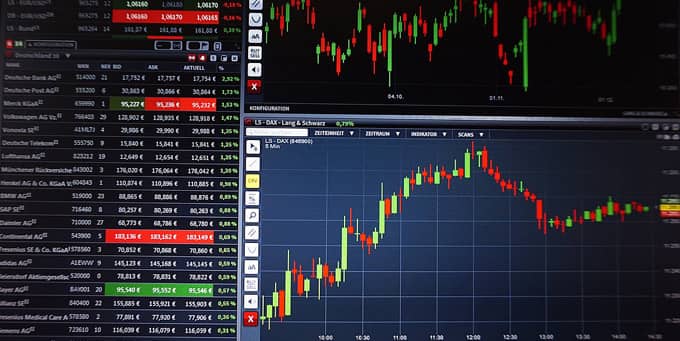
Contract for Difference CFD trading has grown exponentially in popularity due to its flexibility, leverage, and the opportunity it offers to profit from both rising and falling markets. However, this form of trading is not without its challenges. Many traders, especially beginners, face common pitfalls that can derail their success. In this article, we will explore these challenges and provide actionable tips to help you overcome them.
Understanding Leverage and Risk Management
One of the most enticing aspects of CFD trading is leverage, which allows traders to control large positions with a relatively small amount of capital. However, leverage is a double-edged sword. While it can amplify profits, it can also magnify losses.
Tip: Use Leverage Wisely
Start Small: If you’re new to CFD trading, start with lower leverage ratios. This will give you a buffer to learn the ropes without risking a large portion of your capital.
Set Stop-Loss Orders: Always use stop-loss orders to limit potential losses. This ensures that you exit a losing trade before it inflicts significant damage to your portfolio.
Diversify Your Portfolio: Don’t put all your eggs in one basket. Spread your investments across different assets to mitigate risk.
Emotional Trading: The Silent Killer
Emotions can be the downfall of even the most experienced traders. Fear and greed can lead to impulsive decisions, such as holding onto losing trades for too long or exiting winning trades too early.
Tip: Stick to Your Trading Plan
Develop a Trading Plan: A well-thought-out trading plan should outline your entry and exit points, risk tolerance, and profit targets. Stick to this plan to avoid emotional decision-making.
Keep a Trading Journal: Document your trades, noting what went well and what didn’t. This can help you identify patterns in your trading behavior and make adjustments.
Take Breaks: If you find yourself getting overwhelmed, take a break. Stepping away from the screen can help you regain your composure and return with a clear mind.
Lack of Knowledge and Preparation
CFD trading is complex and requires a good understanding of the markets, trading strategies, and the specific instruments you are trading. Entering the market without adequate preparation is a recipe for disaster.
Tip: Educate Yourself
Study the Markets: Spend time learning about the markets you wish to trade. Understand the factors that influence price movements and stay updated on market news.
Use Demo Accounts: Before risking real money, practice with demo accounts. This allows you to test your strategies in a risk-free environment.
Seek Expert Advice: Consider taking courses or consulting with experienced traders. Forums and online communities can also be valuable resources for gaining insights and advice.
Overtrading: More Is Not Always Better
The temptation to trade frequently can be strong, especially when you’re eager to make quick profits. However, overtrading can lead to increased transaction costs and greater exposure to risk.
Tip: Be Selective
Quality Over Quantity: Focus on making well-researched, high-quality trades rather than trading frequently.
Follow Market Trends: Align your trades with the prevailing market trends. Trading against the trend can be risky and often less profitable.
Monitor Your Performance: Regularly review your trading performance to identify areas for improvement. This can help you refine your strategy and become more selective in your trades.
Ignoring the Importance of a Trading Strategy
Many traders enter the market without a clear strategy, relying instead on gut feelings or tips from others. This approach is unsustainable and often leads to losses.
Tip: Develop a Robust Trading Strategy
Backtest Your Strategy: Before implementing any strategy, backtest it using historical data to ensure its effectiveness.
Adapt and Evolve: Markets are dynamic, and your strategy should be too. Be prepared to adapt your approach based on changing market conditions.
Focus on Long-Term Success: Aim for consistent, long-term gains rather than short-term wins. This requires patience, discipline, and a well-defined strategy.
Conclusion
CFD trading offers exciting opportunities, but it also comes with its share of challenges. By understanding and addressing common pitfalls such as improper leverage use, emotional trading, lack of knowledge, overtrading, and the absence of a trading strategy, you can significantly improve your chances of success. Remember, the key to successful trading lies in preparation, discipline, and continuous learning. Break the barriers, overcome the pitfalls, and pave your way to becoming a proficient CFD trader.